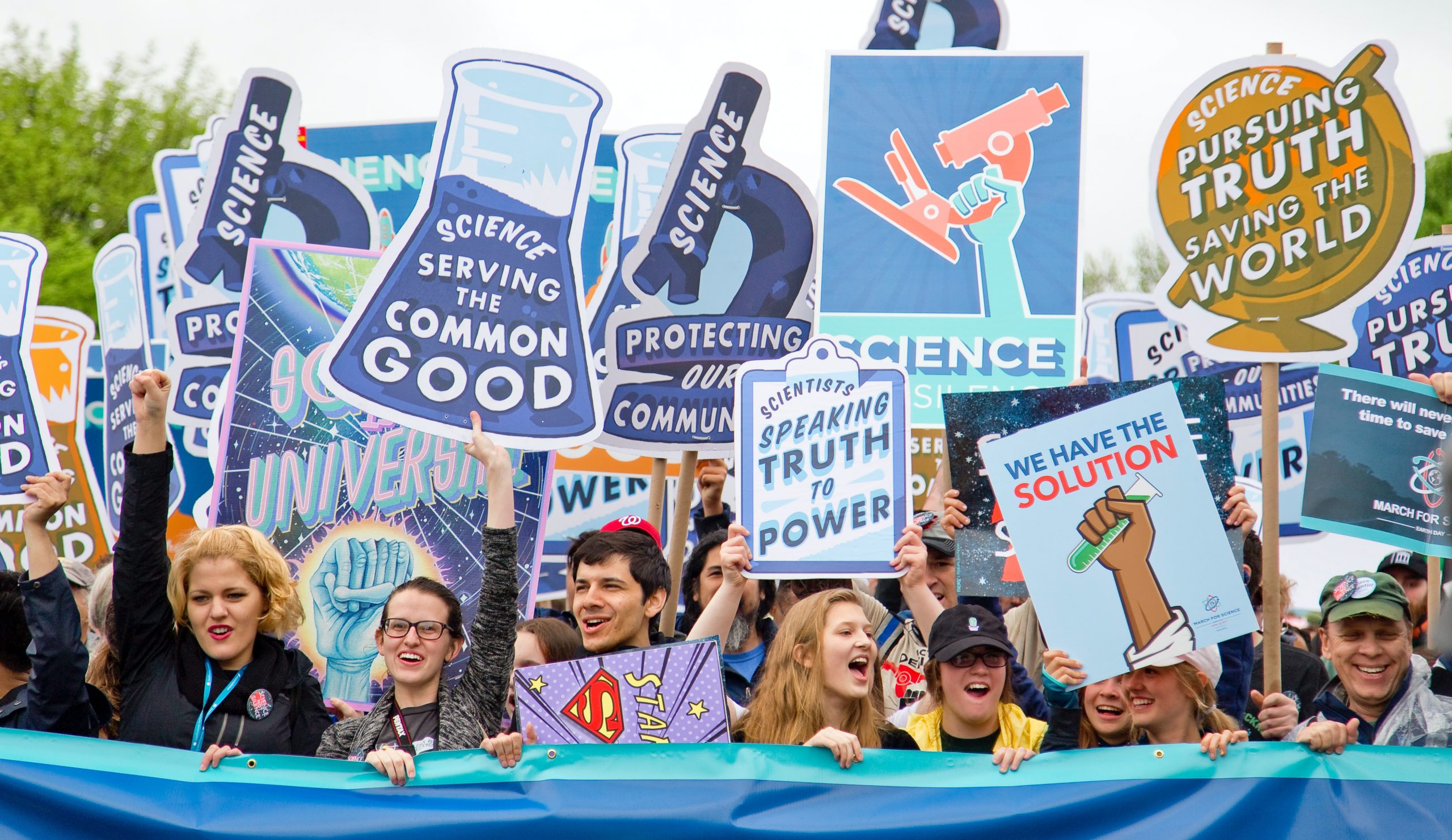
Modernizing the Relationship between Scientists and the Public
Summary
The COVID-19 pandemic has pushed science to the forefront of public attention. For many Americans, following daily reports about the novel coronavirus represents the first time they are seeing science and scientists operate in “real time”. This experience is new for scientists too. Scientists are not trained to engage the public, despite the fact that scientific research is put to work daily to help improve lives, address the needs of diverse communities, and solve problems at a national and global scale.
This proposal offers a set of actions to give federally-funded Ph.D. students in science, technology, engineering, and math (STEM), specific training to enable them to engage effectively with the public. In turn, this will increase trust in and support for the scientific enterprise, drive stronger interest in STEM careers, set the stage for faster response to threats, and build a stronger, science-driven U.S. economy. Lastly, at a local level, taxpayers will benefit directly as more scientists are trained to engage regularly and meaningfully with schools, community institutions, and local governments.
FAS is launching the Center for Regulatory Ingenuity (CRI) to build a new, transpartisan vision of government that works – that has the capacity to achieve ambitious goals while adeptly responding to people’s basic needs.
This runs counter to public opinion: 4 in 5 of all Americans, across party lines, want to see the government take stronger climate action.
Cities need to rapidly become compact, efficient, electrified, and nature‑rich urban ecosystems where we take better care of each other and avoid locking in more sprawl and fossil‑fuel dependence.
Hurricanes cause around 24 deaths per storm – but the longer-term consequences kill thousands more. With extreme weather events becoming ever-more common, there is a national and moral imperative to rethink not just who responds to disasters, but for how long and to what end.